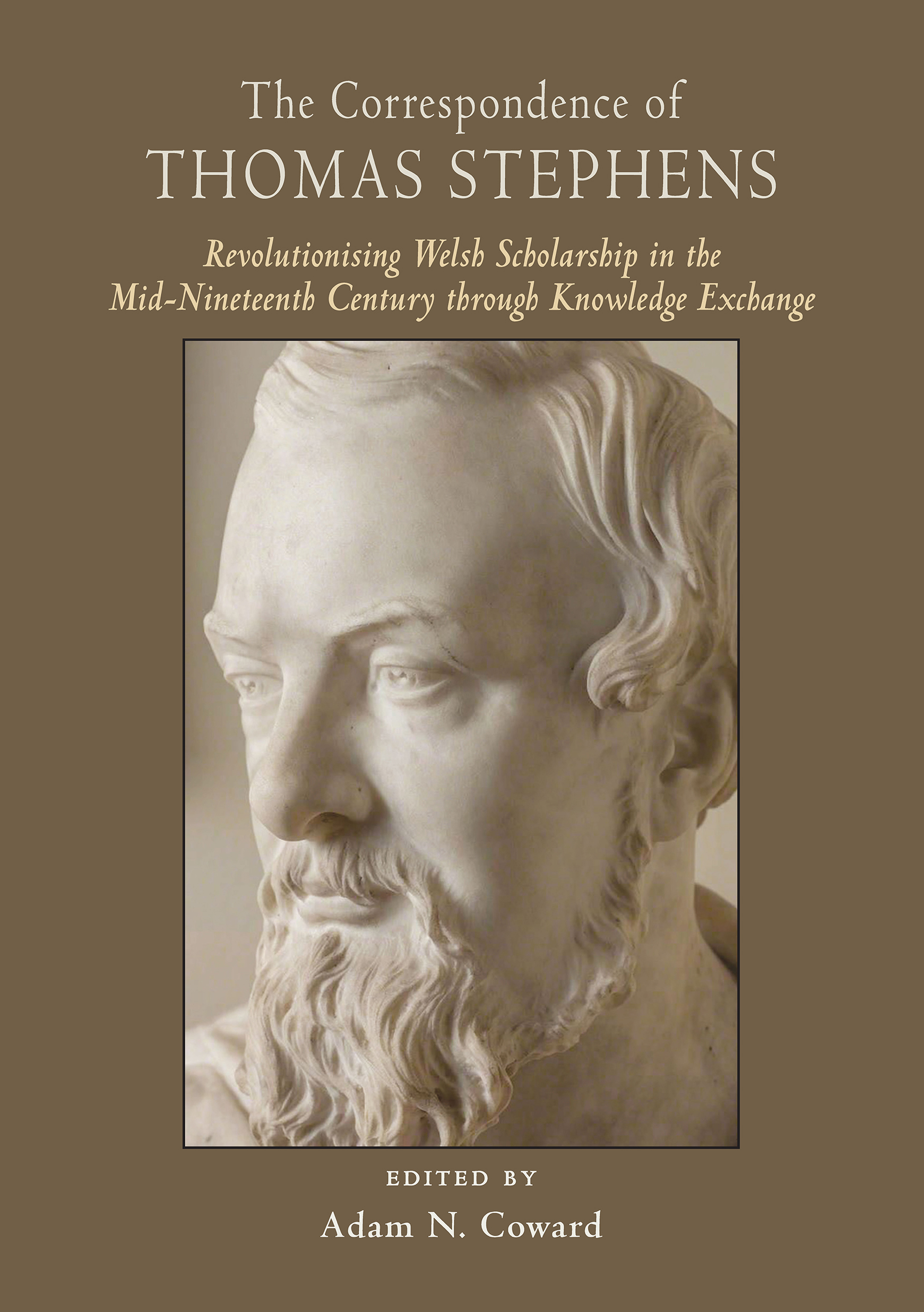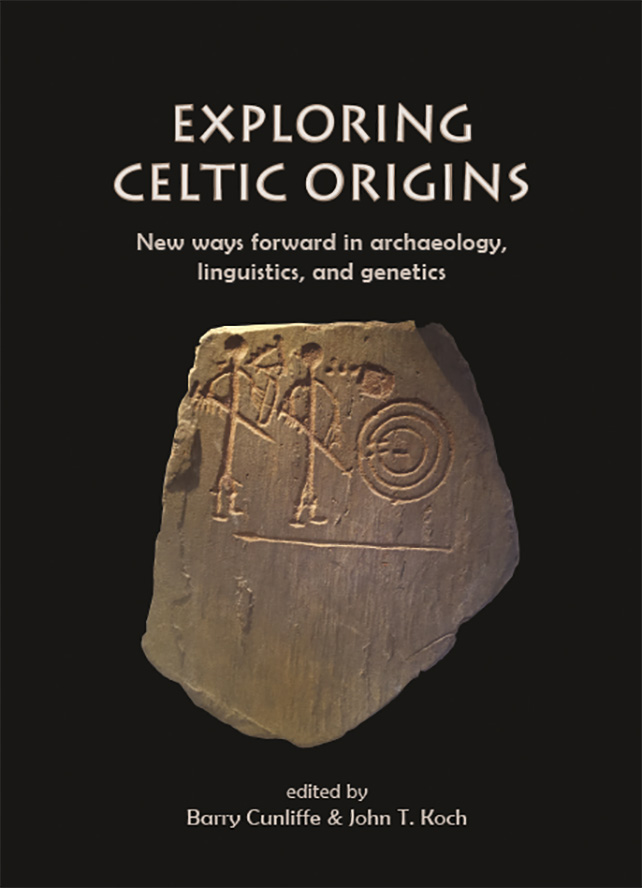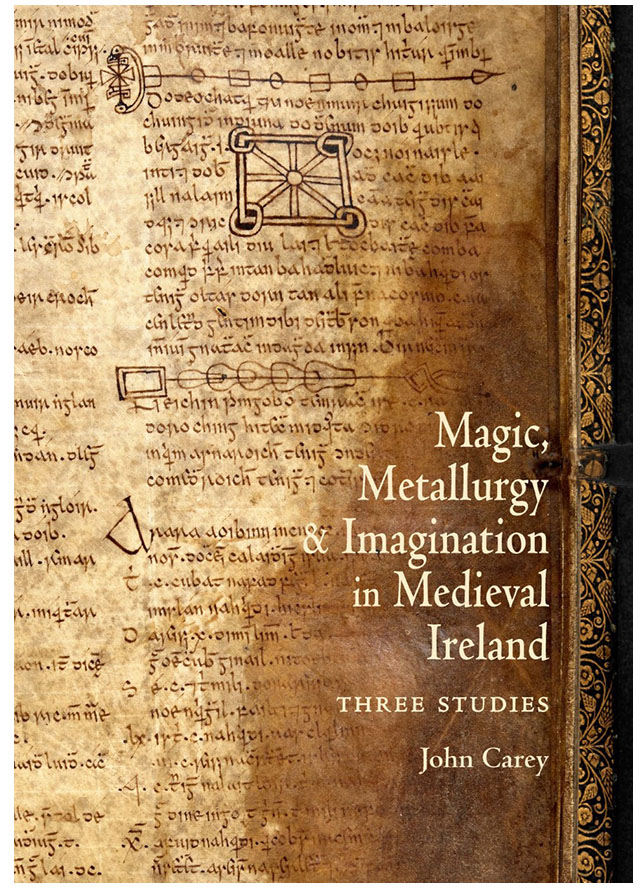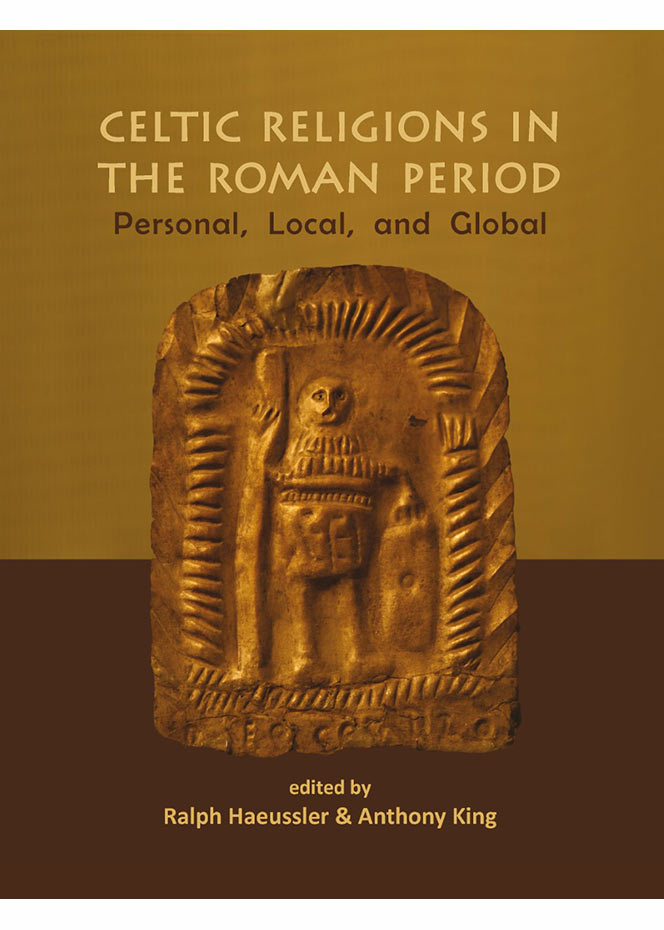Exploring Celtic Origins is the fruit of collaborative work by researchers in archaeology, historical linguistics, and archaeogenetics over the past ten years, led by Sir Barry Cunliffe and John Koch

Thomas Stephens was one of the most significant and controversial nineteenth-century Welsh scholars. His Literature of the Kymry (1849) was the first work to apply modern critical scholarship to medieval Welsh literature. Throughout his career,he was an outspoken critic of unscrupulous interpretations of the Welsh and Celtic past. His scholarly ability brought him into correspondence with notable writers from not only Wales, but across the world. Indeed, writing the year after his death, B. T. Williams noted that the publication of his correspondence ‘would be welcomed by all Celtic scholars’, as it includes comments by many of the most noted historians, literary critics and Celticists of his day on a wide range of subjects. More than this, however, Stephens’s correspondence shows the complex networks of knowledge exchange which stretched across the nineteenth-century scholarly world and, within those networks, the development of modern Welsh and Celtic studies.
Reviews and Quotes
Thomas Stephens of Merthyr Tydfil, author of the first history of Welsh literature which aspired to being written on scientific principles, was an enthusiastic member of overlapping regional, national and international networks of correspondence. The letters which linked him to the world, painstakingly transcribed by Adam Coward and published with rich and informative annotations, chart Stephens’s development as a Welsh historian influenced by international scholarship, and document a hitherto unknown part of the Madoc controversy which shaped the Welsh cultural nation in Victorian Wales. Most importantly, this anthology reveals that industrial south Wales was not culturally marginal, but an important node in the web of Celtic scholarly connections that linked Europe, Ireland and America. A must-read for everybody interested in Celtic connections, Victorian amateur scholarship and Welsh cultural exchanges in the nineteenth century.
Marion Löffler, Reader in Welsh History, Cardiff University
More titles
Magic, Metallurgy and Imagination in Medieval Ireland: Three Studies
This book is a study of the rich and fascinating traditions found early Irish literature concerning smiths and the fashioning of metal.
Celtic Religions in the Roman Period
This multi-authored book brings together new work, from a wide range of disciplinary vantages, on pre-Christian religion in the Celtic-speaking provinces of the Roman Empire.




